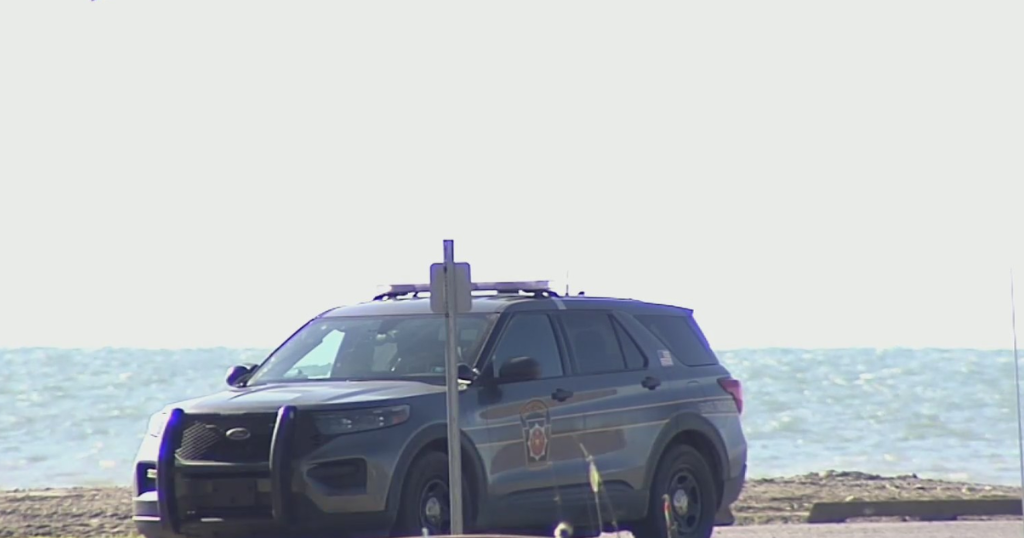Carnegie Mellon University's 'MoonRanger' To Search For Water On The Moon In 2022
By: KDKA-TV News Staff
PITTSBURGH (KDKA) - A small, robotic rover developed by Carnegie Mellon University known as "MoonRanger" has finished its preliminary design review in preparation for a 2022 mission for a search for signs of water at the moon's south pole.
"Water is key to human presence on and use of the moon," explained William "Red" Whittaker, who is leading the development of MoonRanger. "Space agencies around the world are intent on investigating it."
"MoonRanger" will be the first robot to search for evidence of water on the moon. If evidence is found in sufficient concentrations, it could be one of the most valuable resources in the solar system, according to Whittaker.
Whittaker's team first went to NASA with the idea of using robots to search for ice on the moon in 1996 and in 2022, his vision will come to fruition.
"This hasn't been quick or easy," Whittaker said. "It is stunning that after these many years we will have the first look."
MoonRanger is about the size of an average suitcase and features several technical innovations. The robot is designed to explore at a rate of 1,000 meters per Earth day both in sunlight and dark conditions. In comparison, a Chinese robot on the far side of the moon at this moment, has only averaged less than a meter Earth day.
However, one challenge will that due to MoonRanger not carrying isotope heating, its battery and electronics will fail when night falls and cryogenic temperatures take hold. This means it must accomplish its mission in less than 14 sunlit Earth days of the lunar month.
MoonRanger also does not carry a radio for communicating directly with Earth due to its compact size. It will have to return to the shuttle it arrives on in order to establish wireless communication with Earth to report its findings.
"MoonRanger is going to be on its own for long periods of time," said David Wettergreen, a research professor of robotics and co-investigator for the rover project.
Once on the moon, MoonRanger will evaluate its driving, navigation, and mapping capabilities in short treks near the shuttle it arrives with. Once established, it will begin its search for ice.
"If we could make a one-kilometer trek, we'd be very happy," Wettergreen said. "If we could do it twice, that would be amazing."
A mission of this magnitude is sure to be uncertain and Whittaker understands this.
"In the face of that, there is only the question of whether to do it anyway," he said. "This has all the elements of purpose, technology, exploration, science, and fulfillment of vision. These leave no question about going for it and giving it our all."



